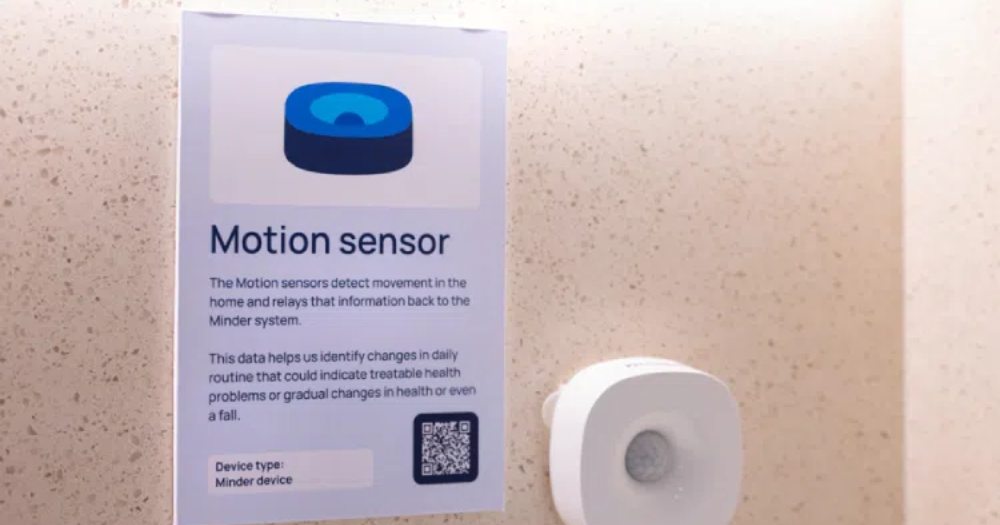UK’s Imperial College Healthcare trials at-home monitoring service for dementia patients

Imperial College Healthcare NHS Trust has embarked on an ambitious new trial that brings hospital-grade dementia care into patients' homes. The initiative, called MinderCare, could change how the UK supports the more than half a million people currently living with a dementia diagnosis. NHS data published in August 2024 put that figure at 506,549, a sharp rise from 490,163 just a year earlier. The message is clear: the demand for innovative, scalable care solutions is growing fast.
How does it work?
At its heart, MinderCare is a smart home network tailored to the daily realities of people with dementia. Participating households are fitted with unobtrusive sensors — on doors, appliances, and throughout living spaces. These devices quietly track movements, routines, and even everyday tasks like making a cup of tea. A discreet bed mat slips under the mattress, monitoring sleep quality, restlessness, breathing, and heart rate.
All of this data is sent straight to the Minder digital research platform, where it's analysed and reviewed daily by a team of doctors, nurses, and clinical specialists. If the system spots changes — say, unusual night-time wandering or a sudden shift in activity levels — the care team is alerted and can intervene early. As Professor David Sharp, director of the UK Dementia Research Institute Care Research and Technology Centre, explained: "MinderCare is an exciting partnership... anchored in the hospital but reaching out into people's homes, with the aim of delivering cost-effective care that improves quality of life and reduces hospital admissions."
Why does it matter?
The numbers tell their own story: dementia diagnoses are climbing, and the NHS is under relentless pressure. Unplanned hospital admissions are costly, stressful, and often avoidable if problems are caught early. That's where MinderCare comes in. By creating a continuous picture of how someone is living day to day, clinicians can step in before a crisis hits.
Dr Jeremy Isaacs, national clinical director for dementia at NHS England, put it simply: "MinderCare is a great example of the NHS trialling cutting-edge technology to help more people to live safely in their own homes." He also noted that everyday signs — forgetfulness, difficulty making plans, or struggling to find the right words — can be subtle clues of declining health. With sensors flagging these changes, families and clinicians can act sooner, potentially sparing patients unnecessary hospital stays and improving overall well-being.
The context
The launch of MinderCare comes at a time when dementia is placing a growing strain on health and social care systems. The 506,000+ people diagnosed in England represent not just individuals but families navigating an often-overwhelming care journey. Traditional hospital-centric approaches are costly and can disrupt quality of life.
That's why pilots like this matter. By September 2025, the programme hopes to enrol 100 patients across North West London to prove the model's feasibility. Backed by the medical research charity LifeArc and developed in partnership with the UK Dementia Research Institute, the trial is as much about data and early detection as it is about compassionate care. If successful, it could become a blueprint for how health systems around the world manage complex, chronic conditions — meeting people where they are, quite literally, in their own homes.
💡Did you know?
You can take your DHArab experience to the next level with our Premium Membership.👉 Click here to learn more
🛠️Featured tool
 Easy-Peasy
Easy-Peasy
An all-in-one AI tool offering the ability to build no-code AI Bots, create articles & social media posts, convert text into natural speech in 40+ languages, create and edit images, generate videos, and more.
👉 Click here to learn more


